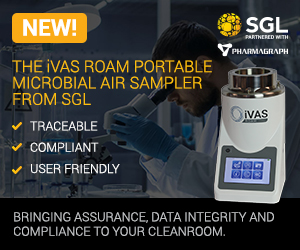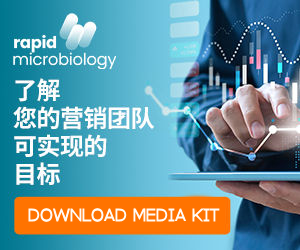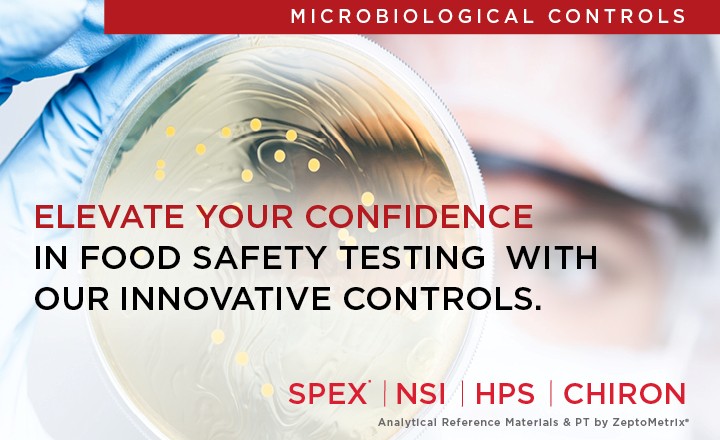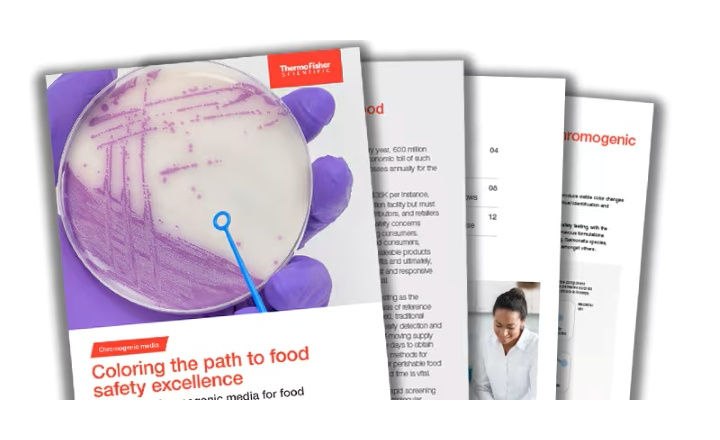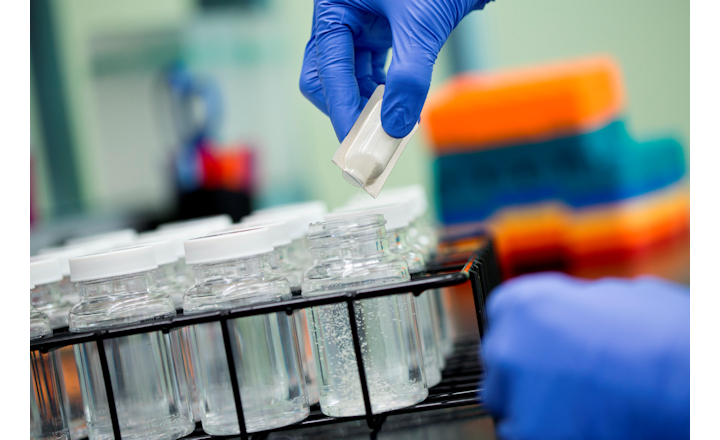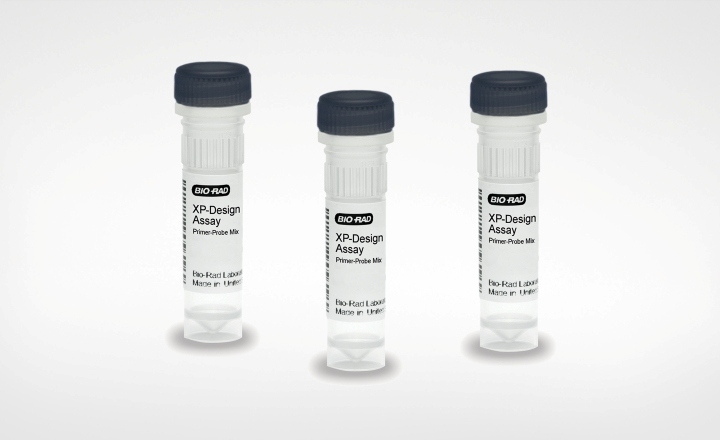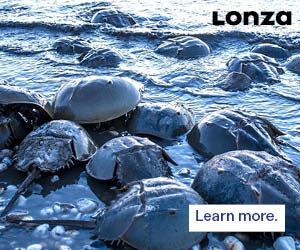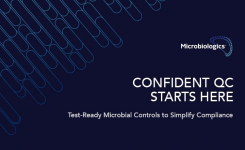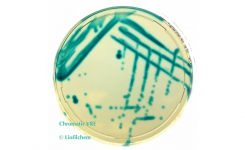Enrichment is a necessary step in most standard methods of food pathogen detection. The problem is, it is also time-consuming. This is an increasing problem for today's food industry, where there is a strong need to release products quickly and safely. While alternative enrichment-free methods are under development, one effective way to shorten time-to-results is to use media that make the enrichment stage faster.
FoodChek Systems is a Canadian company dedicated to producing rapid enrichment media for pathogen detection. Their product, ACTERO™, can be used with different assays and several foodborne pathogens. rapimicrobiology (RMB) sat down with Sergiy Olishevskyy, PhD, Vice President of R&D, and Sandra Rogoza, Director of Sales and Channel Management, to discuss the main features of their product and their upcoming developments.
RMB: What is the most innovative feature of your media?
Sergiy: The principal innovation is a well-balanced formulation that creates and maintains a favourable microenvironment for target bacteria throughout each growth phase: lag, exponential and stationary.
This formulation includes molecules and growth stimulation factors to recover, resuscitate or repair severely stressed or damaged bacteria cells. Other elements are a nutrient-rich composition to enhance the exponential phase, a combination of antibiotics and other inhibitory substances, and a robust buffering system.
RMB: What type of companies do you typically work with?
Sergiy: Our customers are usually large companies that develop different types of rapid detection tests, like PCR-based or antibody-based assays. Without enrichment, none of those methods would achieve the sensitivity of one cell per 25-gram sample required by regulatory bodies.
In many cases, the success of certain assays was achieved also thanks to our media. For example, Hygiena’s BAX® System for Salmonella and Listeria, BACGene for Listeria by Eurofins, and Atlas by Roka Bio-science were all validated with our Actero™ Elite enrichment media.
RMB: How much time does your media save, compared to other media on the market?
Sergiy: If we compare it to conventional reference methods, which usually takes more than five days, time reduction is about 60 - 70%. For Listeria, an assay using our media would show results in as little as 16-18 hours, 14 hours for Salmonella, and even 7 hours for E. coli.
RMB: What are the other benefits for food companies or analytical labs?
Sergiy: Definitely a higher level of accuracy. In a study that we will publish soon, we compared Actero™ Eite's performance with different and commercially available media. We observed that our product is 50% or even 60% more efficient for recovering Listeria cells sublethally stressed by desiccation on food contact stainless steel surfaces.
An assay can have very low detection limits, but if the media is not able to recover Listeria cells, its accuracy will be compromised. In fact, you may have negative results even if Listeria is present. Today we see a lot of recalls where products were released under the assurance that they were not contaminated.
RMB: How do higher speed and accuracy have an impact on costs?
Sandra: With conventional pathogen testing methods, some food companies have to adopt a test-and-release approach. They will test their products and release them into the market before the results come back, with a higher risk of releasing contaminated products and being hit by a recall.
With faster and more accurate assays, however, food companies can more easily employ a test-and-hold process: they test the products, hold them while they get results back with lower risk of spoilage and warehouse costs, and sell them much more quickly knowing that they’re safe. For service food safety testing labs, faster enrichment media means greater throughput, increased profits, and greater testing accuracy for their customers.
Sergiy: Another way we decrease costs for our customers is by optimising their processes. When we develop specific media solutions for them, we also work to improve test efficiencies for that matrix and assay. Quite often, we end up reducing the quantity of media used in each test, which means lower costs per test and better use of resources.
RMB: What new or under development products do you have at the moment?
Sandra: We've recently developed a new media format called Actero™ EZ-Media Dry Bag. It comes in a transparent plastic pouch with a precise amount of ready-to-use dry medium. You would just need to add the right amount of deionised water through a pump and gently massage the pouch to mix. With this format, preparation time only requires 10-20 minutes as opposed to the typical one to one and a half hours.
Sergiy: We're also developing a new line of products for the multi-pathogen detection market. One of them will be for multiplex PCR where, as most studies show, media are not able to recover different pathogens simultaneously with the same level of accuracy. Usually, one will prevail, suppressing the growth of those that grow more slowly. Our aim is to develop a medium that can detect, for example, both Listeria and Salmonella or Salmonella and Cronobacter with the same level of accuracy and speed.
RMB: What type of advancements in enrichment media do you envisage in the next 5-10 years?
Sergiy: Enrichment speed is limited by the physiological capacity of bacteria to grow. In particular, the physiology of the lag phase is still a mystery, but as we understand more about it, I think we’ll be able to reduce it significantly.
Some of our customers are also very interested in improving RNA and protein-based detection, which is not as fast and accurate as RT-PCR. We could achieve that by targeting specific expressions of some molecules used as analytes, such as specific RNAs, flagella proteins, virulence factors, and other specific antigens.


